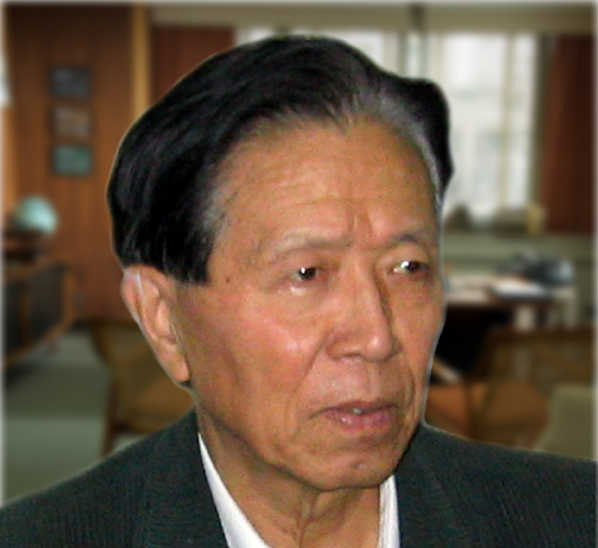A small dose of truth can sometimes make all the difference, especially in societies where speaking out is not the norm. In China, for example, stability is highly prized and, with it, restraint. It is rare for someone to contradict the authorities openly. For most of his life, JIANG YANYONG, a medical doctor, felt little need to do so. But in 2003, as the virus called Severe Acute Respiratory Syndrome swept unacknowledged into Beijing, he broke China’s habit of silence and forced the truth of SARS into the open.
Born to privilege but in unsettled times, JIANG attended Yanjing University during the final years of the civil war that, in 1949, brought communist rule to China. He chose a career in medicine after seeing an aunt die of tuberculosis and, in 1952, entered Peking Union Medical College. Embracing the hopes of the revolution, JIANG joined the People’s Liberation Army in 1954 and, in 1957, was assigned to the army’s No. 301 Hospital in Beijing. In 1987, he was named its chief surgeon.
Indeed, JIANG became a master surgeon, earning the nickname Magic Scalpel and also Brave Jiang, for daring to take the most difficult cases. Serving with the army Railway Corps in the 1960s, his skill in trauma surgery saved the lives of many soldiers injured while building the the Chengdu-Kunming railroad line. Like other professionals of his generation, he rode the waves of China’s political storms, suffering as a “rightist†following the Hundred Flowers campaign of the 1950s and as a “counterrevolutionary†during the bitter Cultural Revolution. In each case, JIANG was vindicated and his good name restored. As a loyal member of the Chinese Communist Party, he kept faith with his country’s leadership and its willingness to recognize and correct its mistakes.
General JIANG was already retired in early 2003 when SARS began to spread from its original habitat in Guangdong Province to Hong Kong and beyond. Through contacts in Beijing’s hospitals, he learned of the alarming number of SARS cases and deaths in the capital. Yet, as the threat of an epidemic mounted, Beijing’s hospital officials were warned not to speak about it for fear of disturbing important national meetings. In April, China’s health minister announced SARS figures that grossly understated the facts. JIANG now acted. In a letter to the press, he revealed the true figures and, at great risk, signed his name. Other Chinese doctors and the World Health Organization corroborated his revelations and the news spread around the world. JIANG’s jolt of truth struck home. The Chinese authorities acted quickly. They fired the country’s health minister and, in June, made SARS the subject of a massive public health campaign. A comprehensive system of monitoring was soon in place and, by July, the deadly virus was contained.
For his bold act, JIANG enjoyed a brief moment of celebrity and was lauded as “China’s pride.†But he is not a dissident by nature. He obeyed orders not to speak to reporters. And when the crisis passed, he openly applauded China’s leaders for their “marked progress in the fight against the epidemic.â€
Seventy-two-year-old JIANG, a tall man with a kindly face, visits his old surgery wards weekly and still accepts the occasional case. His vocation has shaped his character. “I am a doctor,†he says. “If I see a human life at stake, I will intervene.â€
In electing JIANG YANYONG to receive the 2004 Ramon Magsaysay Award for Public Service, the board of trustees recognizes his brave stand for truth in China, spurring life-saving measures to confront and contain the deadly threat of SARS.

